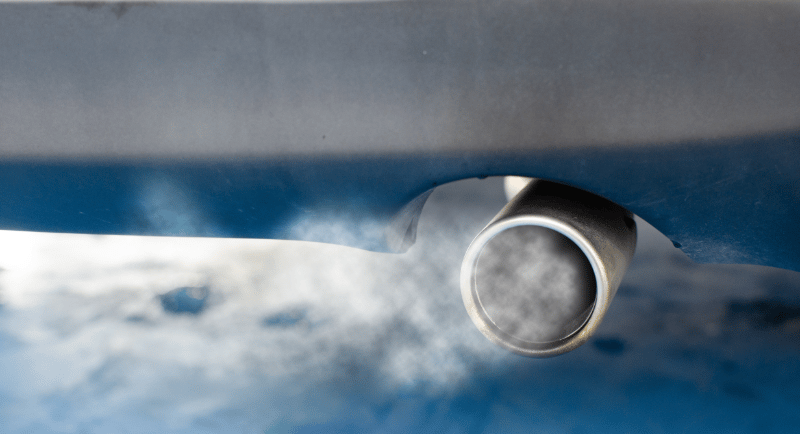The Carbon Conundrum in Today's World: Balancing Sustainability and Efficiency
On the one hand, there is a requirement to reduce the carbon footprint for everyone on the planet for the sustainability of the earth, but on the other hand, slow travel options or lesser energy consumption may lead to unimaginable consequences in terms of losing efficiency or enduring quality of life. How to strike a balance is being discussed here.
Institute of Happy Planet
10/19/20232 min read


In today's world, we find ourselves entangled in a complex dilemma known as the "Carbon Conundrum." On one hand, there is an urgent and compelling need to reduce carbon emissions to secure the sustainability of our planet and combat the looming threat of climate change. On the other hand, the pursuit of reducing our carbon footprint often clashes with the desire for efficiency and a high quality of life.
The urgency of addressing the carbon conundrum cannot be overstated. With each passing year, the consequences of climate change become more apparent. Extreme weather events, rising sea levels, and habitat destruction are just a few of the harbingers of the global crisis. It is a collective responsibility of humanity to cut back on carbon emissions to mitigate these disastrous effects.
One solution to reducing carbon emissions is embracing slow travel and adopting energy-efficient lifestyles. This approach encourages us to take a step back from the breakneck pace of modern life and rethink our energy consumption habits. For example, slow travel promotes alternatives like trains, bicycles, and walking over air travel or gas-guzzling vehicles. It encourages local exploration and tourism, which not only reduces carbon emissions but also supports local economies and cultural preservation.
However, the carbon conundrum emerges when we consider the potential consequences of slowing down. The modern world is built on speed, efficiency, and convenience. Industries, commerce, and our daily routines rely heavily on the rapid transportation of goods and people. Reducing travel speed or adopting energy-efficient practices may indeed lead to a reduction in productivity and quality of life, at least in the short term.
Efficiency often equates to productivity, and high efficiency is frequently associated with high-quality living standards. For instance, the global supply chain's just-in-time logistics model depends on quick transportation and minimal inventory, reducing costs and waste. Slowing this down may result in supply chain disruptions, job losses, and even higher prices for consumer goods. In addition, some argue that slower modes of travel, though more eco-friendly, may limit people's access to new experiences, job opportunities, and educational options.
So how do we strike a balance between reducing our carbon footprint and maintaining our quality of life and efficiency? The key lies in innovation and adaptation. Technology has the potential to bridge this gap. Clean energy sources, eco-friendly transportation options, and sustainable practices can ensure that we reduce carbon emissions without sacrificing our progress.
Furthermore, societal changes and adjustments to our expectations can play a vital role in achieving a harmonious balance. We must recognize that sustainability is not an enemy of progress but rather a companion that helps secure our future.
Education and awareness are also essential aspects of tackling the carbon conundrum. As individuals, we can make informed choices, support sustainable policies, and encourage responsible consumption. Governments and businesses, in turn, must invest in research, development, and the adoption of greener technologies.
In conclusion, the carbon conundrum is one of the most pressing challenges of our time. While it poses a dilemma between reducing carbon emissions and maintaining our efficiency and quality of life, it is a challenge we must confront head-on. By embracing innovation, changing our behavior, and finding a balance between sustainability and efficiency, we can navigate the path towards a better, cleaner, and more prosperous world for ourselves and future generations. The choice is not between one or the other but in discovering how they can coexist in harmony.
(With AI Input)
Contacts
enquiry@economicnations.org
(xx) 98-11-937-xxx (On verification)
